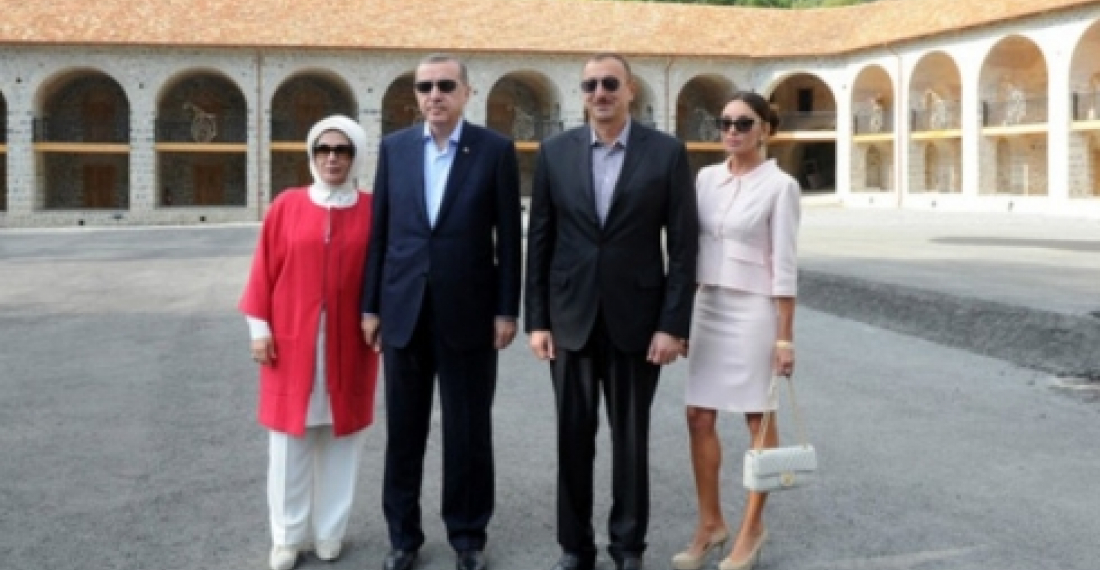The Turkish Prime Minister, Recip Tayip Erdogan has just concluded a visit to Azerbaijan during which he and President Ilham Aliev co-chaired the Turkish Azerbaijan High Strategic Council. The Council was established last year in an effort to consolidate Turkish-Azerbaijani relations, and to ensure that the breakdown in communications that happened in 2008/,when Turkey was trying to normalise its relations with Armenia will not recur.
Turkish Prime Minister, Recip Tayip Erdogan has taken personal charge of relations with Azerbaijan. This reflects both Turkey's concern that it maintains a privileged position in relations with its increrasingly affluent and economically important neighbour, but also a genuine sense of fraternal solidarity in Turkey towards Azerbaijan and its people.
The relationship is however not without its problems and complications. The Azerbaijani "veto" on Turkey establishing diplomatic relations with Armenia, and opening the land borders, remains an irritant, and some Turkish officials think Azerbaijan should be cut down to size. Turkey also does not want to be embroiled in a full war in the Caucasus over Nagorno-Karabakh. In the early 1990s it successfully kept out of the conflict despite domestic pressures to intervene militarily.
There is also the issue of Azerbaijan's close and warm relations with Israel.
Turkey stands to benefit from its economic relations with Azerbaijan, but the Azerbaijani side has been very carefull not to put all its eggs in one basket. There have been several issues that have caused problems between the sides.
For the moment however it was all smiles as the two leaders went sight seeing in Sheki. In public both sides pledged eternal friendship. In private the conversation would have been more frank and less cosy.
source: commonspace.eu
photo: The president of Azerbaijan and the Prime Minister of Turkey with their spouses in Sheki on 12 September 2012. (Picture courtesy of the press service of the President of Azerbaijan)






